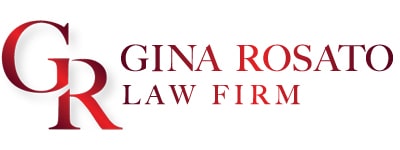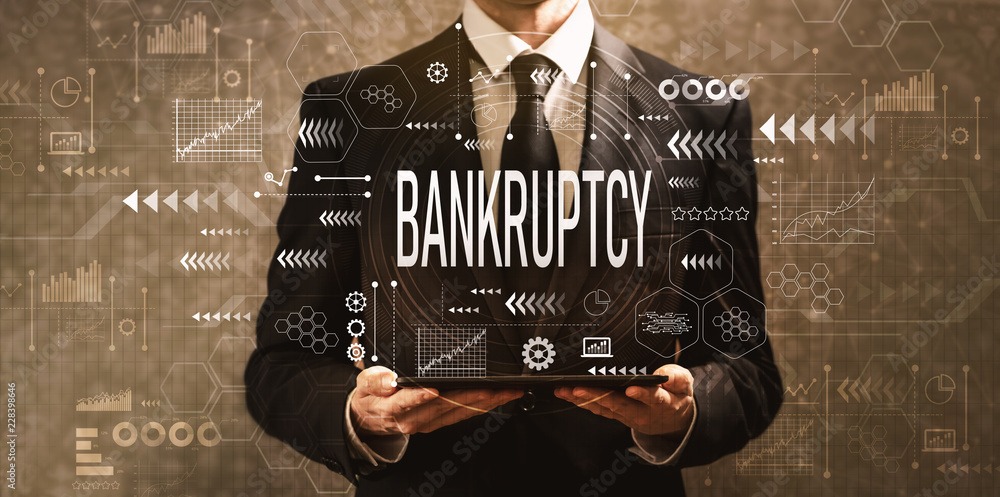
Should I do a cash out refinance to pay off my debts instead of filing for bankruptcy?
With inflation hitting record highs, people are looking to cash out the equity in their homes, sell their vehicles, and liquidate their retirement accounts to pay off their debts. This can be problematic for a few reasons.
First, if home values go down then you are stuck with a debt that exceeds the value of your home. If you run into a situation where you now have a higher payment that you cannot afford due to a loss of job, divorce, or medical issues the lender would foreclose on the property and potentially make you responsible for the deficiency. Property values fluctuate up and down.
Second, it’s not advisable to pay off unsecured debts with secured property. If you can eliminate 100% of your unsecured debt in a bankruptcy, while still having the ability to keep your home, that is going to be a better option than increasing or extending your mortgage payment for years and risking a future default on the mortgage loan.
Similarly, it’s always best to preserve your exempt assets such a 401k, rather than liquidate them to pay debts. The bankruptcy would allow you to eliminate your unsecured debt while still preserving the money in your 401K for your retirement without an adverse tax consequence. Furthermore, there are also costs associated with the refinance such a mortgage origination fees, appraisals, recording fees associated that can be up to 3-5% of the loan which you are paying for years. This cost typically far exceeds the cost of filing for bankruptcy.








